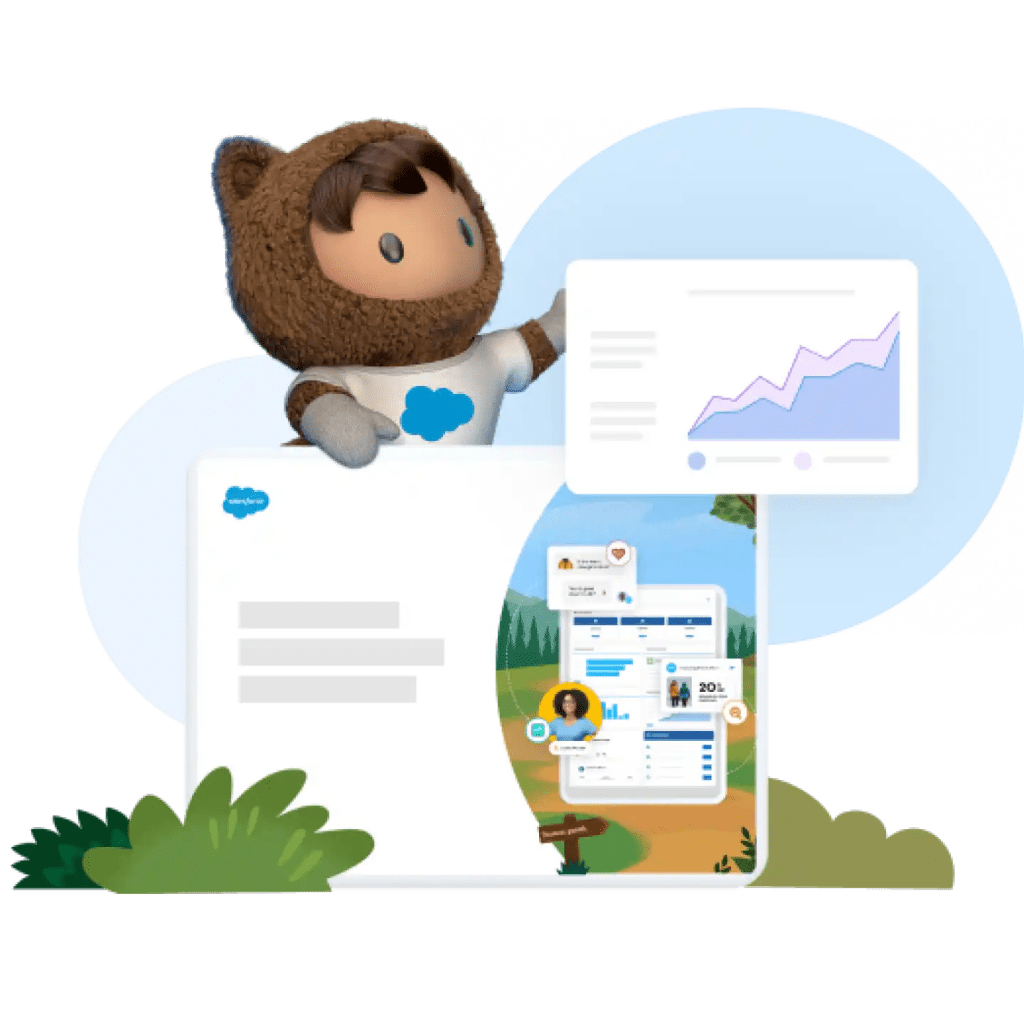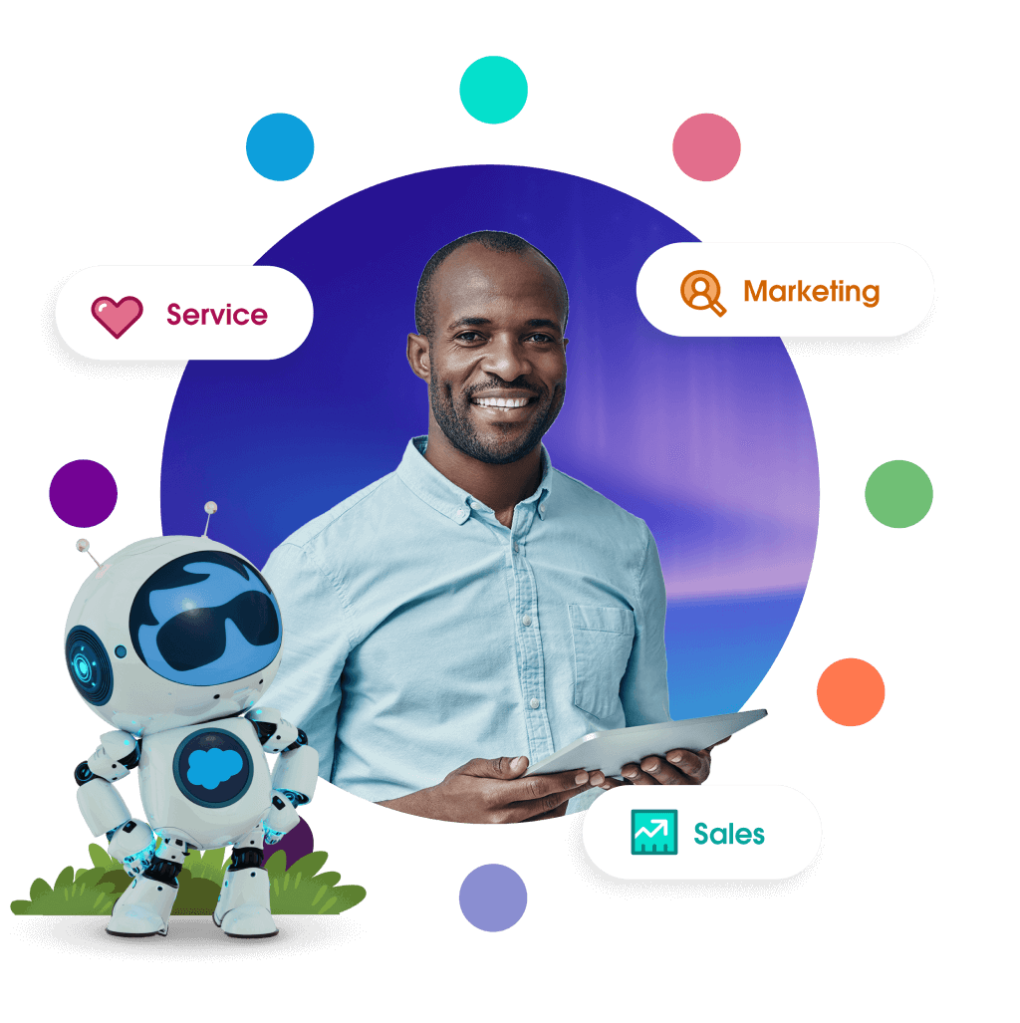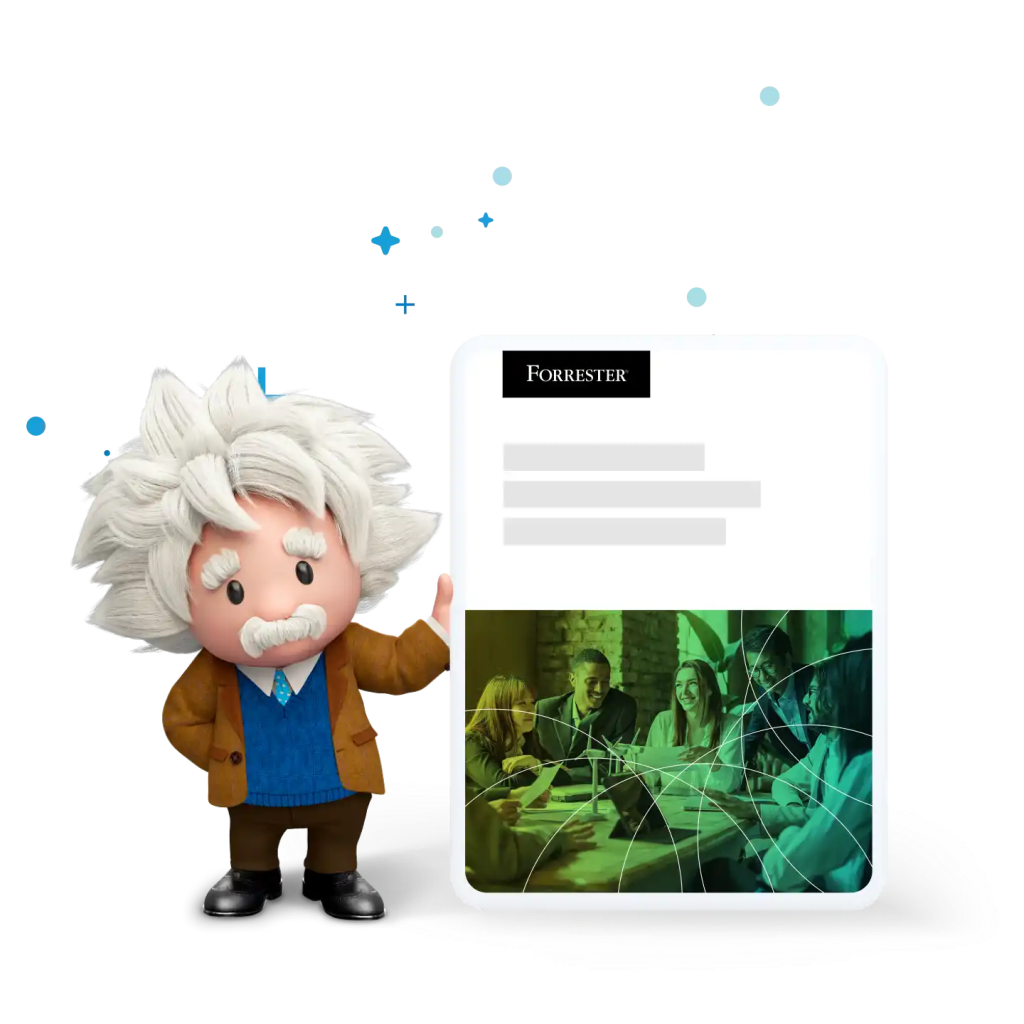
How to Choose CRM Tools for Your Business
Understand the power of your customer relationships with CRM tools designed to streamline business interactions and boost your bottom line.

Understand the power of your customer relationships with CRM tools designed to streamline business interactions and boost your bottom line.


CRM tools help businesses grow by providing a single place where teams can manage their customer relationships and share data seamlessly across their teams. Every business is unique, and so are their needs. So how do you choose the right CRM tools for your business? Let’s take a look.

Learn everything you need to know about finding, winning, and keeping customers with The Beginner's Guide to CRM.
Customer relationship management (CRM) helps businesses keep track of their interactions with current and potential customers. These tools strengthen relationships at every step of the customer lifecycle by organizing all of your businesses’ data and providing a single, easy-to-use view of the information that helps every team — sales, marketing, service, commerce, and more — do their job better.
What is AI CRM? It’s an AI-powered system that makes it easier to manage customer relationships, streamline processes, and improve productivity across your teams. Learn more here.
CRM tools for sales can help create more streamlined, efficient, and effective sales processes. By implementing customer relationship tools like Sales Cloud, businesses can grow their customer bases, increase revenue, and accelerate growth.
With CRM, every member of your sales team can share a comprehensive view of your customers. This includes customer activity history, contacts, communications, and internal account discussions. Equipped with this information, sellers can better manage opportunities throughout the entire sales cycle, from lead generation to closing the deal, and then into customer retention.
With the right CRM, sales reps can work smarter by automating many of the administrative tasks that tend to take up their time, like data entry and creating reports. By choosing a CRM with built-in AI for sales, call notes and follow-up emails can be generated automatically, freeing them up to focus on more important and productive selling activities.
The right CRM platform can provide sales teams with powerful analytics and forecasting tools that help sales leaders make data-driven decisions. Not only does an AI CRM keep track of existing customer data, but it can use existing information to proactively identify trends, predict sales cycles, and provide insights that can lead to more effective sales strategies.
CRMs provide marketing teams with the ability to better identify and reach customers with personalized messaging. Tools like Marketing Cloud help organizations simplify their operations while creating more meaningful connections with their customers. All of these efforts are supported by analytics, which can optimize in real-time and measure marketing effectiveness.
Marketing teams can use CRM tools to map out and automate complex, data-driven customer journeys. By understanding and designing the customer experience at every touchpoint, businesses can deliver personalized content and make data-driven decisions to enhance engagement.
The more personalized a marketing message is, the more likely it is to resonate with audiences. With CRM, marketing teams can create segments and dynamic content that is catered to the person receiving it. With the help of AI for marketing, it’s quick and easy to automatically tailor messaging to different groups. The ability to customize at this level, speaking to customers in a way that’s unique to their needs, can lead to higher conversion rates and a more effective marketing strategy
The number of ways that marketers can reach customers is always growing. CRMs are here to help reach customers through email, social media, mobile messaging, and digital advertising. CRM tools enable companies to interact with customers in multiple places while maintaining the same consistent experience. And, while these interactions take place across various channels, performance is aggregated into one place, making it easy to analyze, report, and identify next steps.

Answer four quick questions and we'll create a customized CRM solution for your industry and business size.
CRM tools for customer service are an indispensable asset when it comes to helping agents solve problems and build customer loyalty. Platforms like Service Cloud make it easy to automate service processes, streamline workflows, and resolve issues efficiently.
With a 360-degree view of customers, agents can access a customer's history and preferences to resolve issues more effectively. They can also find existing knowledge articles to help them guide customers, or even empower customers to help themselves.
With CRM features like case management, automatic ticket routing, AI-powered service chatbots, and knowledge-based articles, CRM tools enable agents to handle cases faster and more efficiently. This all leads to increased productivity and more time for them to focus on more complex tasks or complicated service inquiries.
Customers expect to interact with service departments in ways that are most convenient for them. CRM tools can provide omni-channel routing, which can build a record of customer outreach as they interact across various channels. So whether a customer reaches out through channels like phone, email, chat, social media — or all of them — CRMs can track the conversation, providing teams with an up-to-date history of the customer’s past interactions.
Ecommerce is a competitive space. CRM tools, like Commerce Cloud, help businesses attract and retain customers while operating more efficiently and effectively. They can help companies build seamless, personalized, and uniform shopping experiences across various channels.
With CRMs for commerce, you can create a consistent and personalized shopping experience on every channel your customer visits. You can even access that information while a customer is at a retail location, giving you insight into what and when was purchased in the past. No matter how they choose to interact with your brand, CRM tools can help you give them the same brand experience.
The ability to provide unified experiences isn’t limited to cross-channel interactions. It can also support multiple languages and currencies, so that experiences look the same for a global audience, but are localized to account for regional payment methods, taxes, shipping options, and more.
CRMs that use AI for commerce can provide shoppers with even more personalized capabilities. With the ability to provide product recommendations, predictive search, and personalized content, AI can help drive increased customer engagement and higher conversion rates.

Read Forrester's survey of 700+ business leaders to see how they're using AI to serve customers better.
While CRM tools can help different departments in unique ways, there are certain CRM features that can help everyone at your company, no matter what function they serve. These key features help grow your relationships with customers and leads, improve internal communication, and develop your business.
CRM is a tool designed to help you better connect with your customers. Tracking every potential lead as it progresses through the sales pipeline and beyond is a top priority. From first contact, to purchase and beyond, your CRM should be able to record and retrieve all applicable customer data and assist in managing your contacts. This includes calendar and follow-up reminders, in-depth tickets for service departments, and the ability to share data and gather insights across departments.
Everyone across your organization should be working together with the same up-to-date information. The ability to share data across teams, and to have a single source of truth for each customer, helps teams work efficiently and provide the kind of experiences today’s customers expect. This is made even easier with communication tools like Slack, where teams can share files and collaborate within the flow of work.
Repetitive tasks aren’t just monotonous. They also stand in the way of activities that could grow your business. Automating repetitive tasks, such as email campaigns and simple customer service inquiries can save time, increase efficiency, and deliver personalized content at the right time, drive more conversions and repeat customers.
A data-driven approach helps you make informed decisions on what aspects of your business are working and what needs improvement. But with so much data available, it’s important to have easy ways to track and gain insights from your data. CRM tools can provide reports on how quickly deals are closing, how marketing campaigns are performing, the status of customer satisfaction rates, and other KPIs that inform business decisions.
AI in CRM can provide a new level of insight into every aspect of your business. It can identify trends that will help you close deals faster, forecast performance, anticipate outcomes, and suggest the best next steps with customers and leads. It can even anticipate potential issues that might arise with customers so you can solve them before the customer is even aware it happened.
Every business has different needs. A CRM tool should be able to meet them. That includes the ability to customize your CRM so that features that are important to you are front and center. An important CRM feature is the ability to create custom reports, dashboards, and automation. It should also integrate seamlessly with a wide range of third-party applications and systems that your company currently uses, or may use in the future.
All of your business tools should be accessible to any of your employees at any time. Working with a cloud-based CRM ensures that your team can access and update information at any time from any location. Cloud CRMs also save time and money since they don't require server maintenance, downtime for maintenance, IT oversight, or additional security. These are all handled by your online CRM provider.
CRMs offer a lot of features. That doesn’t mean you’ll need all of them — or should have to pay for what you don’t need. Choose a CRM tool that allows you to only pay for the features and number of users you want now while giving you the flexibility to add more features and seats as you need them.
CRM tools are built to help teams across your business, as well as unite them to use data to strengthen customer relationships. With the right CRM, you’ll be able to provide a more elevated customer experience that is good for your bottom line.
AI supported the writers and editors who created this article.
Try Salesforce CRM free for 30 days. No credit card required. Nothing to install.
Ask about Salesforce products, pricing, implementation, or anything else. Our highly trained reps are standing by, ready to help.
Get the latest research, industry insights, and product news delivered straight to your inbox.